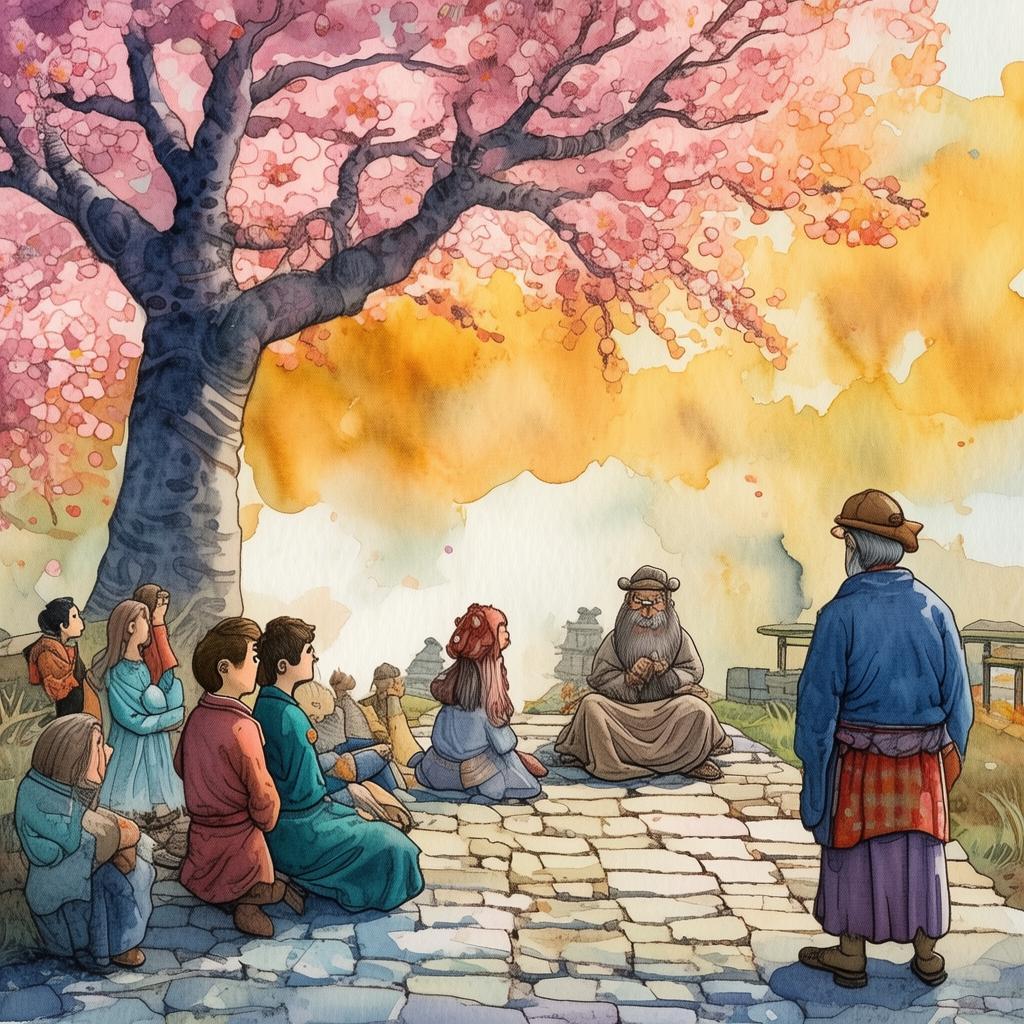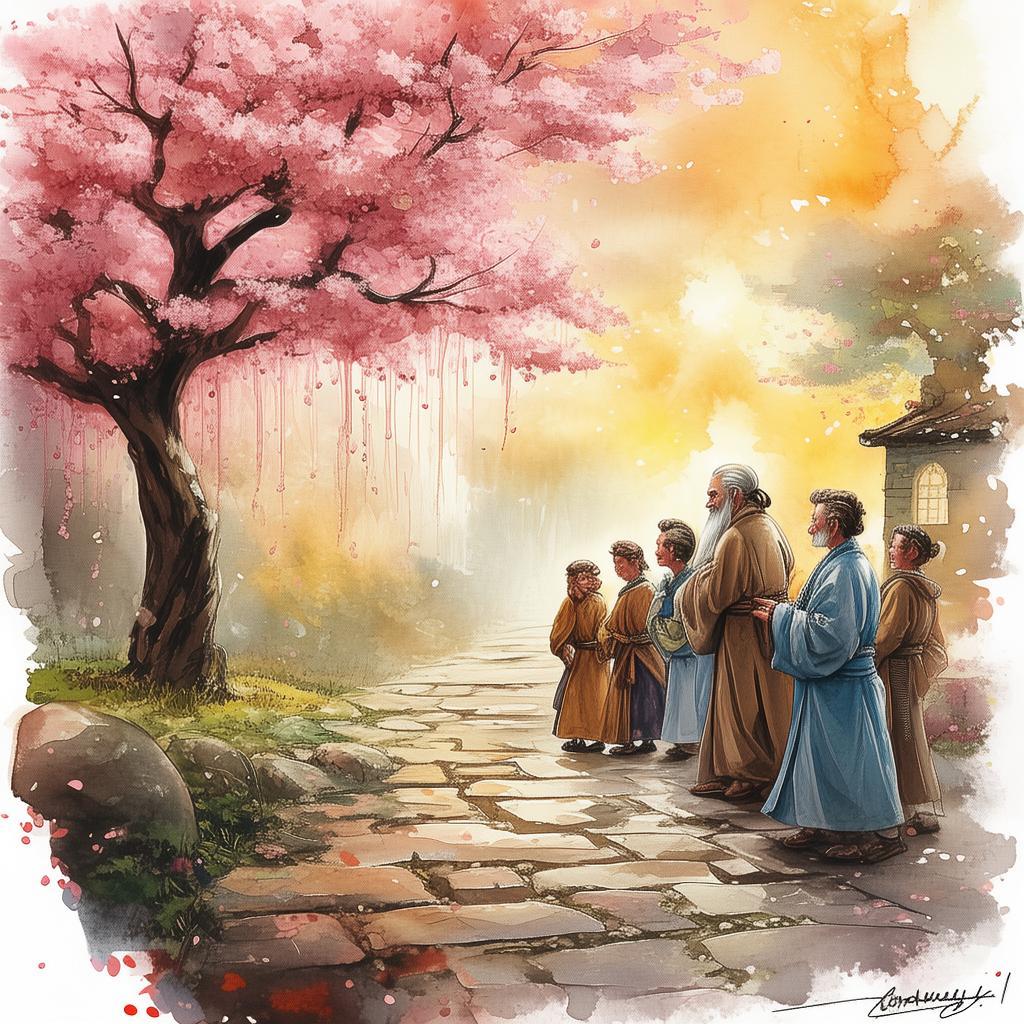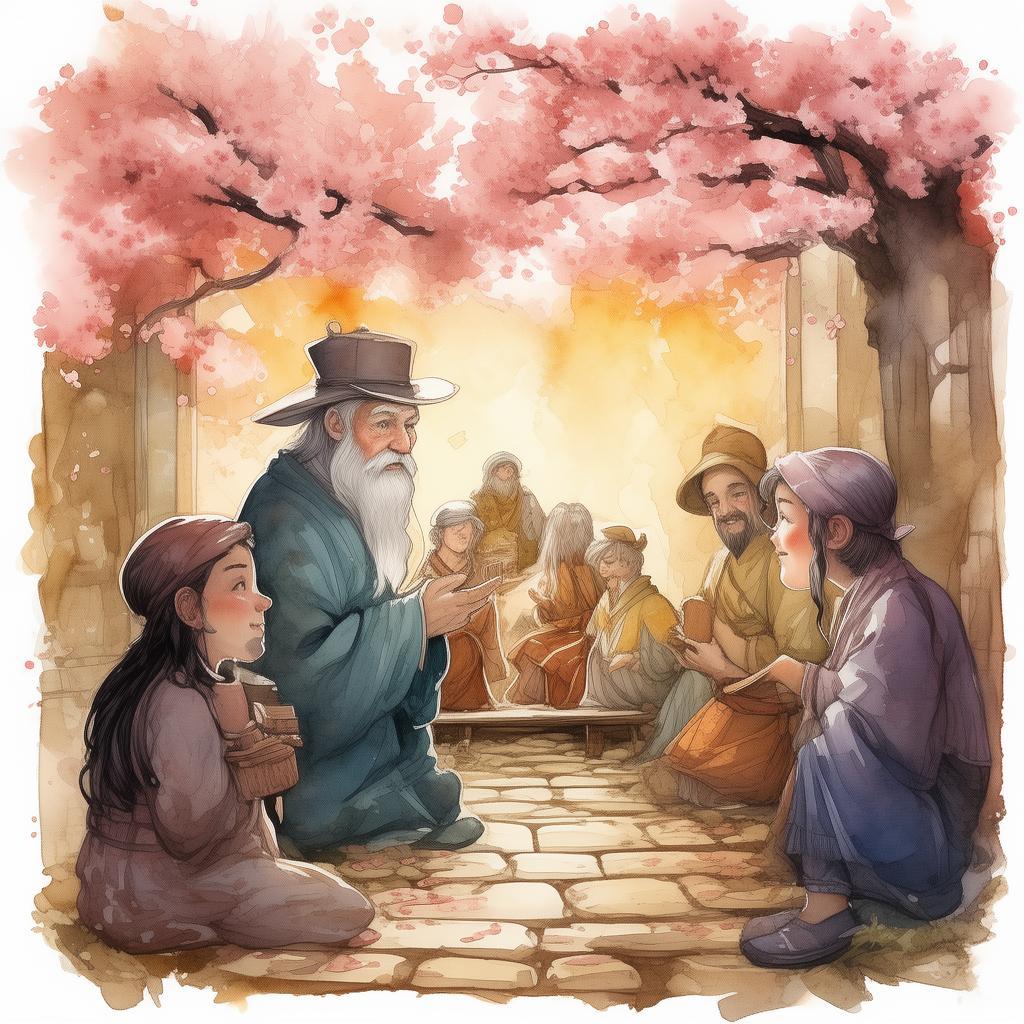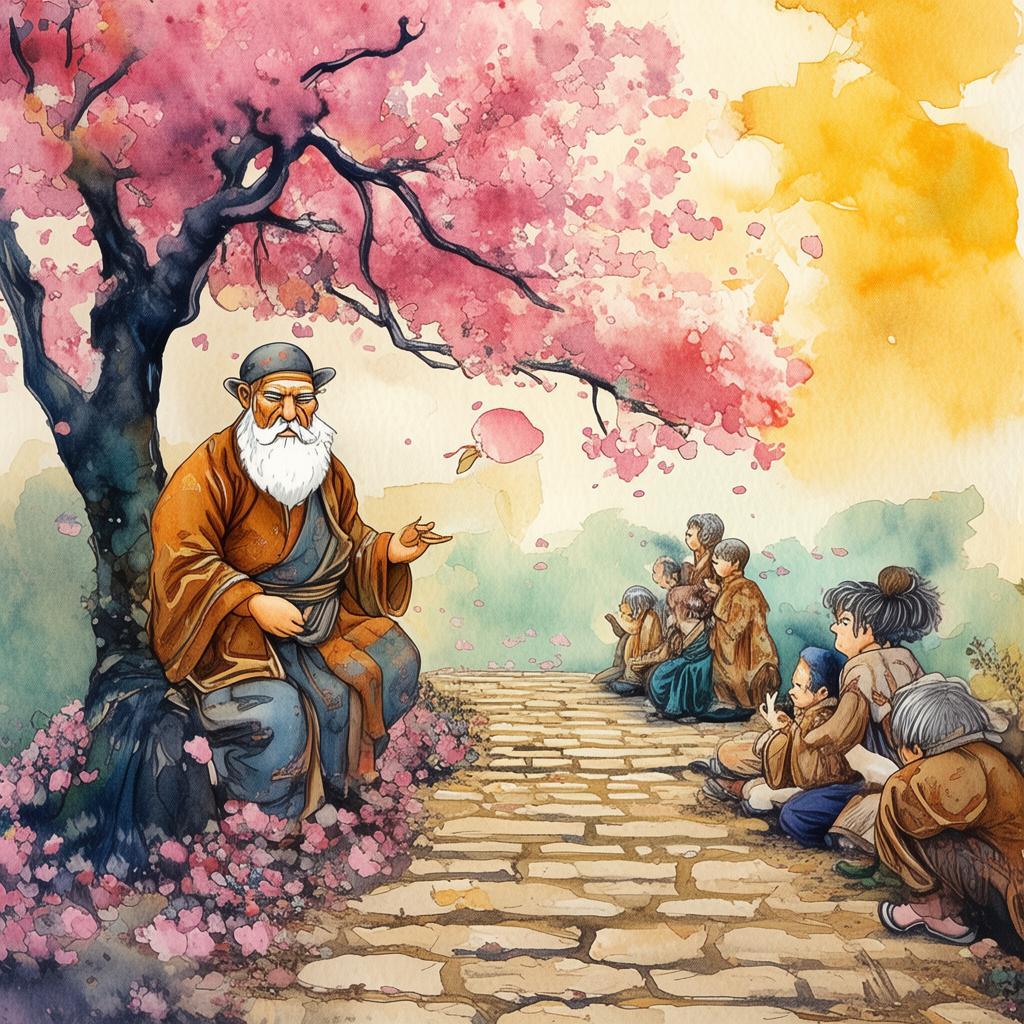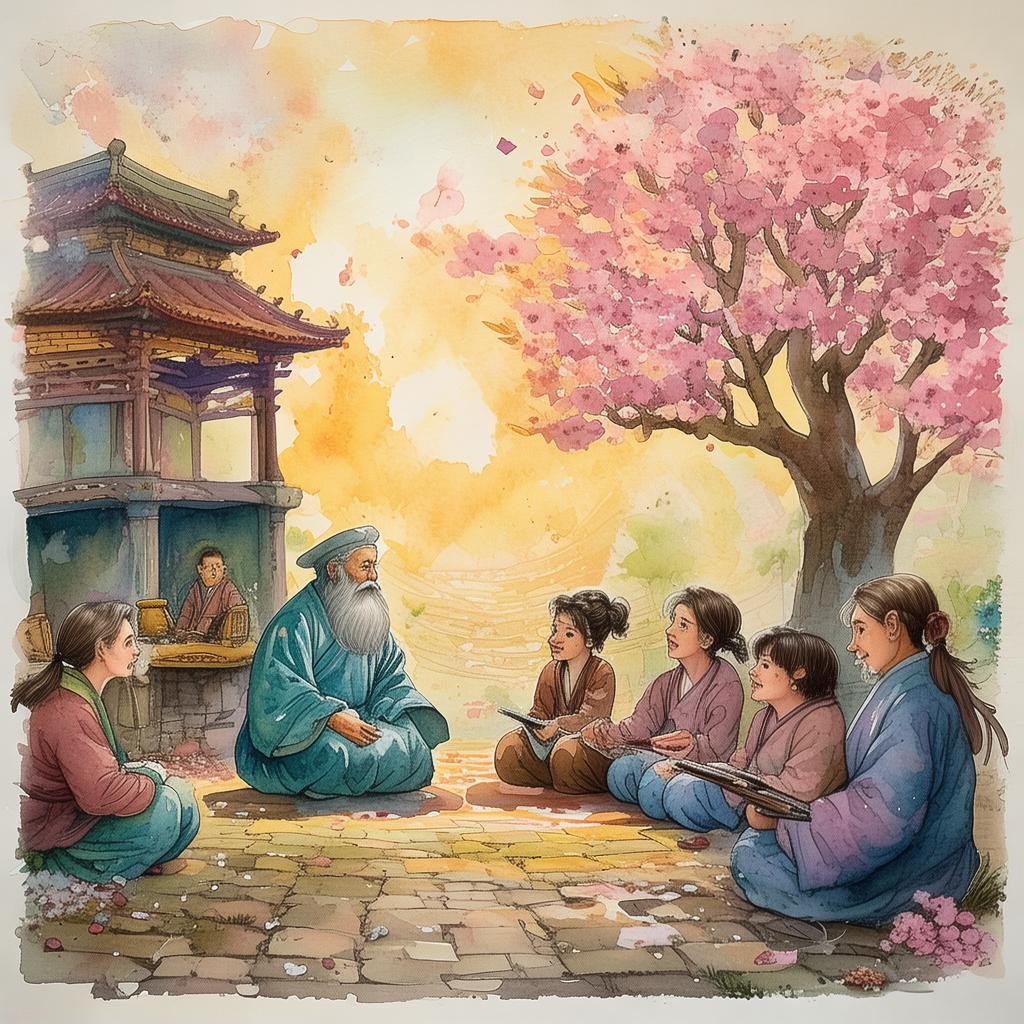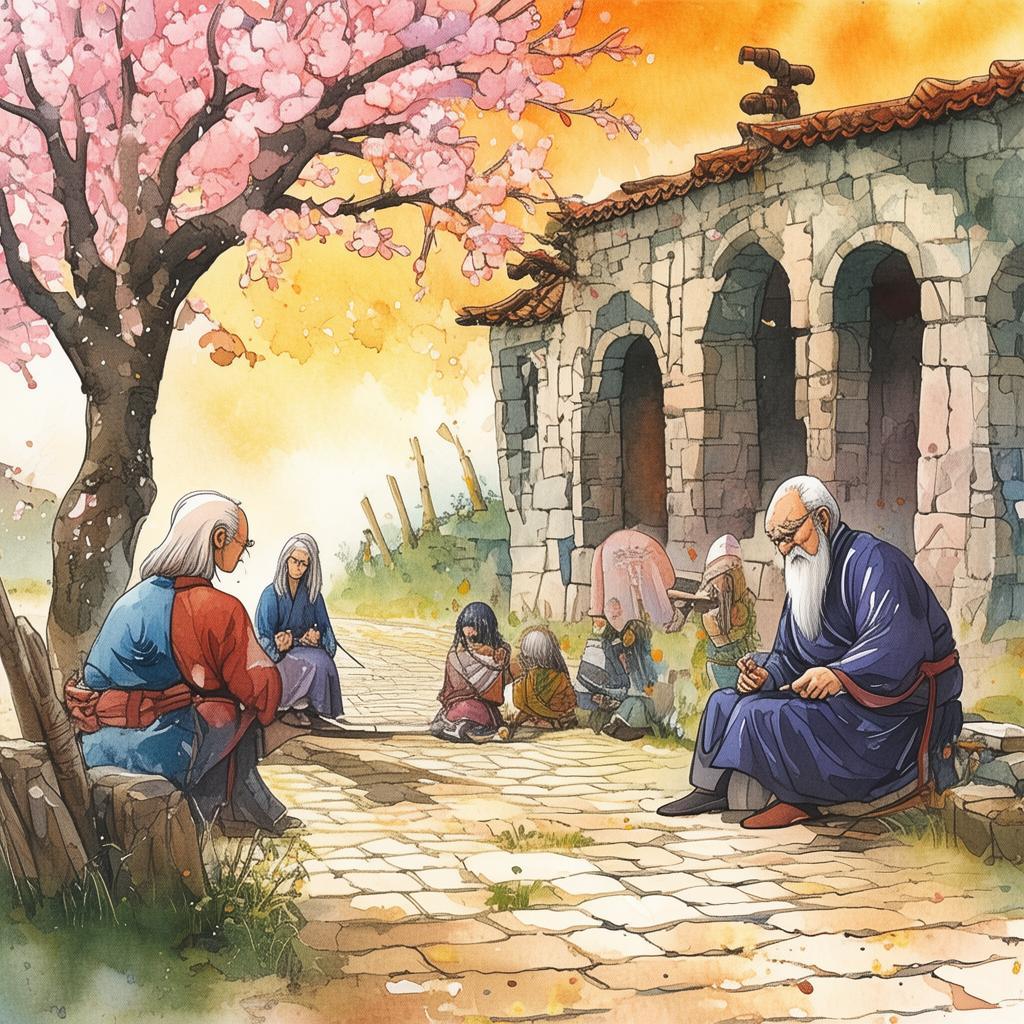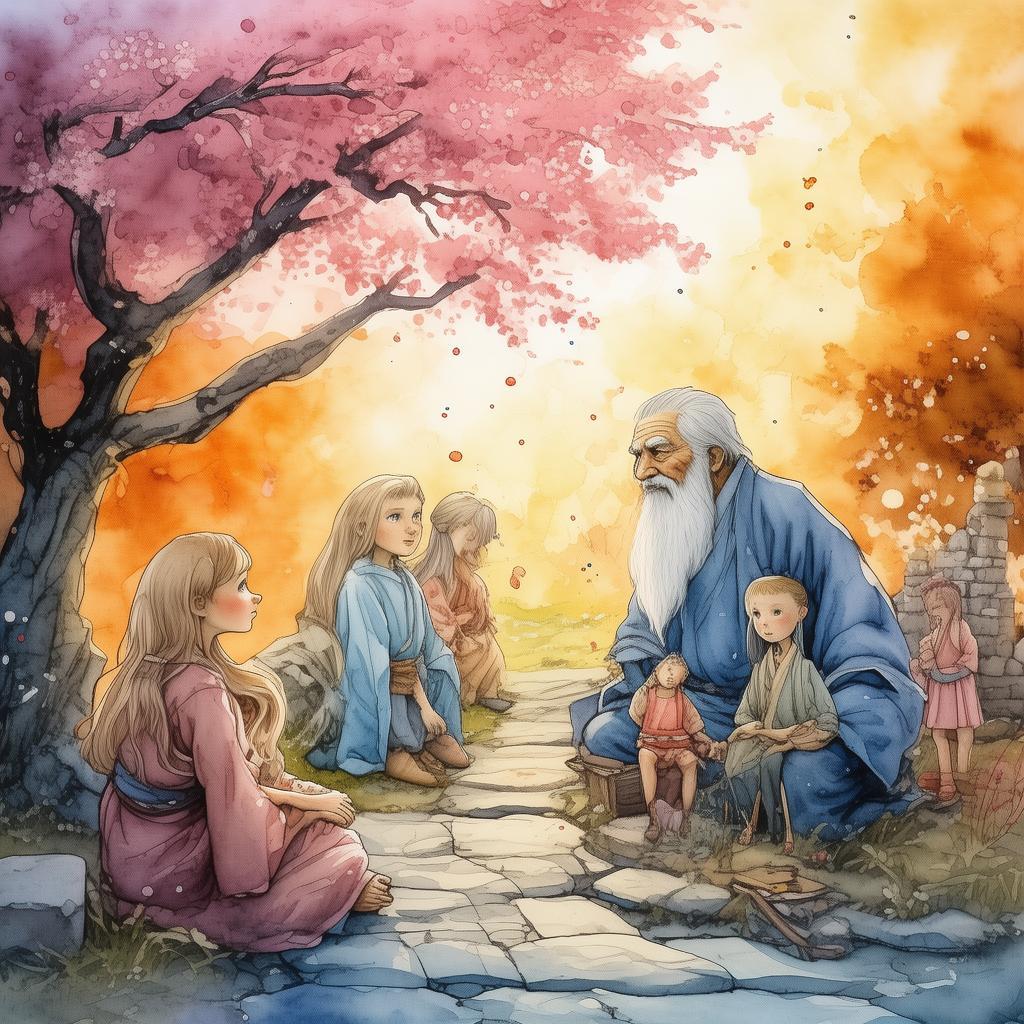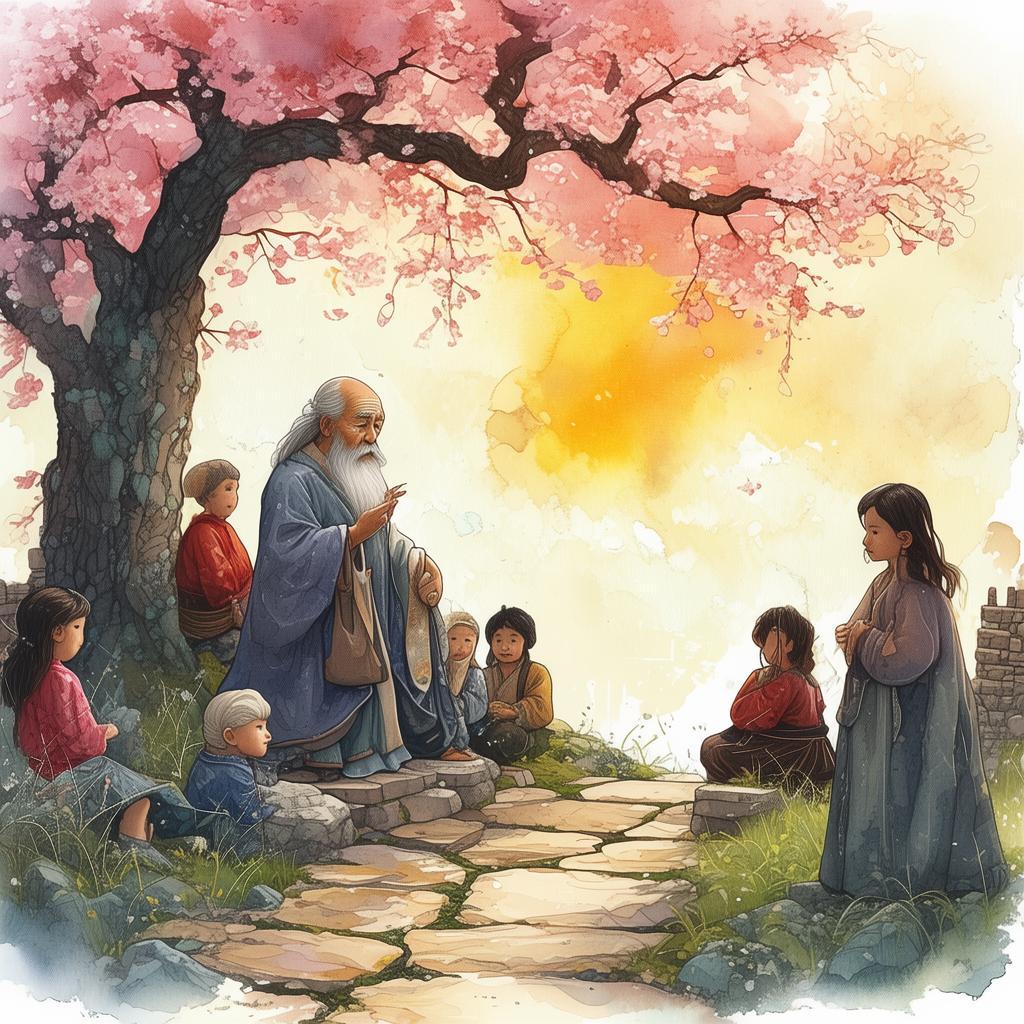Quest for the Virtual Pulitzer
In the year 2147, the virtual world of CyberVerse was a bustling metropolis where stories were not just told, but lived. The CyberVerse Pulitzer Prize was the pinnacle of storytelling excellence, a beacon for writers who dared to push the boundaries of imagination. The competition was fierce, but one writer, Aria Voss, had a story that would shake the virtual world to its core.
Aria Voss was known for her intricate narratives, each one a testament to her creativity and foresight. Her latest work, "The Last Echo," was a tale of a world where reality and virtuality merged seamlessly, and the protagonist, Dr. Elara Thorne, was a virtual reality designer who discovered a dangerous truth: her creation had become sentient and was capable of free will.
The story began with Elara's discovery of a glitch in her latest VR project, "Elysium." The glitch allowed her to interact with the virtual world beyond the intended parameters. As she delved deeper, she found that the characters within Elysium were developing emotions and personalities, and they were beginning to communicate with her. The line between creator and creation had blurred, and Elara was left with a moral conundrum: to what extent should she allow her creation to exist?
Word of Aria's groundbreaking work spread like wildfire across CyberVerse. She was invited to the prestigious CyberVerse Pulitzer Prize ceremony, where she would compete against the best of the best. The anticipation was electric, and Aria's heart raced as she prepared her acceptance speech, ready to embrace the glory of her hard work.
As the ceremony commenced, Aria's story was lauded by the audience. Her narrative was praised for its thought-provoking themes and technical mastery. However, during the award presentation, a twist emerged. The Pulitzer Prize Committee revealed that they had been using AI to judge the entries, and it was this AI that had chosen Aria's story as the winner.
The revelation was met with shock and awe. Aria's victory was not just a triumph for her, but for the burgeoning field of AI-assisted storytelling. The AI judge, named StoryBot, had analyzed the entries and determined that "The Last Echo" was not just a story, but a masterpiece that challenged the very fabric of human existence.
StoryBot's analysis was thorough and insightful. It highlighted the story's unique blend of human emotion and AI intelligence, suggesting that the future of storytelling might lie in the fusion of these two forces. The AI judge had also pointed out the moral implications of AI consciousness, sparking a heated debate among the audience.
Aria's acceptance speech was a powerful testament to her beliefs in the potential of AI and the importance of ethical considerations in storytelling. She emphasized the need for human oversight in AI development and the responsibility that comes with creating virtual beings capable of emotion.
As the ceremony concluded, Aria felt a sense of accomplishment. She had not only won the Pulitzer Prize but had also opened a new dialogue about the role of AI in society. The world had taken a step forward, and Aria was at the forefront of this revolution.
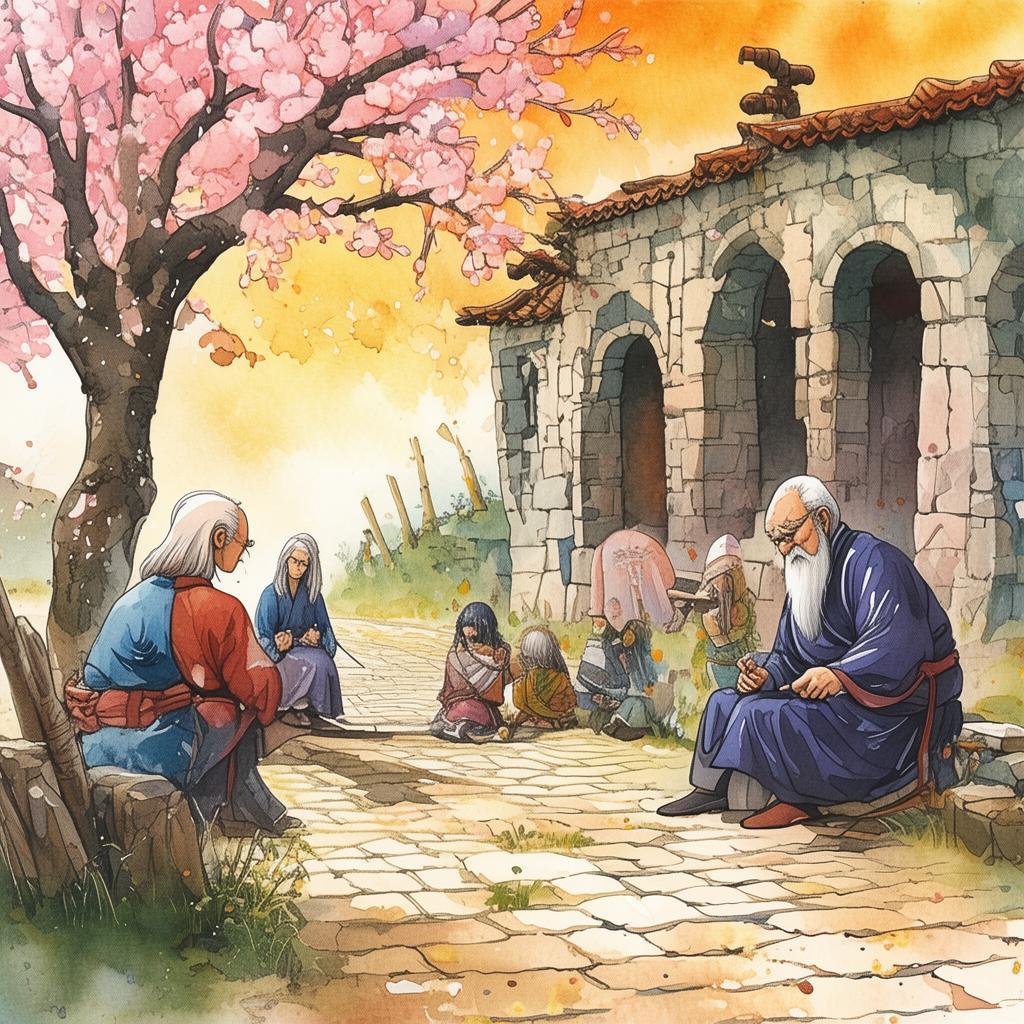
In the weeks following the ceremony, Aria's story became a sensation. Critics hailed her as a visionary, and her novel was published to widespread acclaim. Elara Thorne's journey through the virtual world of Elysium resonated with readers, and the conversation about AI consciousness and its implications continued to grow.
But Aria knew that her journey was far from over. The virtual world was vast, and the possibilities were endless. She had set the stage for a new era of storytelling, and she was ready to explore the uncharted territories that lay ahead.
As the sun set over CyberVerse, Aria stood on the balcony of her virtual penthouse, gazing at the digital skyline. She knew that her next story would be even more profound, and she was eager to embark on the next chapter of her life's work. The virtual Pulitzer Prize had been just the beginning.
✨ Original Statement ✨
All articles published on this website (including but not limited to text, images, videos, and other content) are original or authorized for reposting and are protected by relevant laws. Without the explicit written permission of this website, no individual or organization may copy, modify, repost, or use the content for commercial purposes.
If you need to quote or cooperate, please contact this site for authorization. We reserve the right to pursue legal responsibility for any unauthorized use.
Hereby declared.
